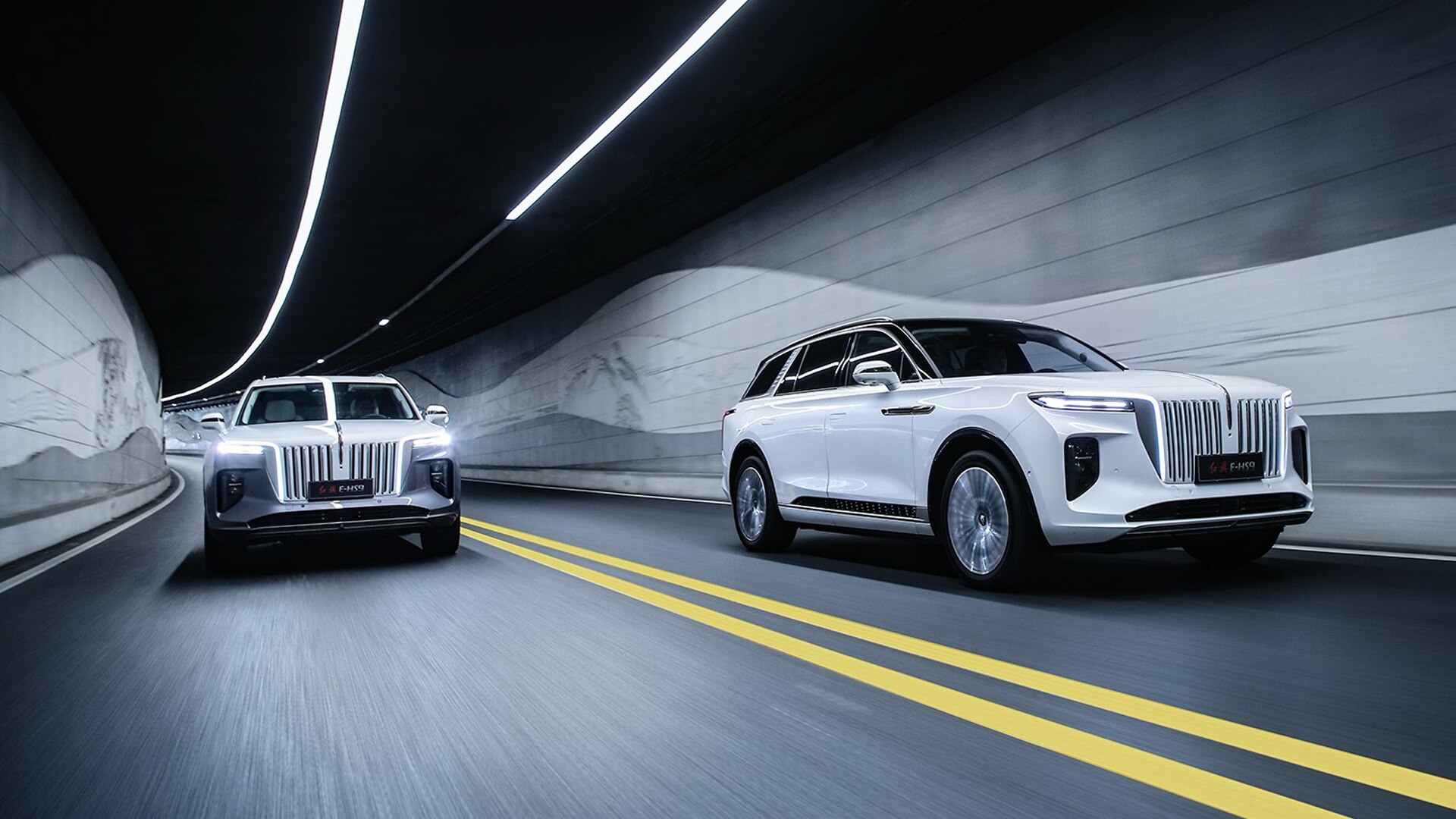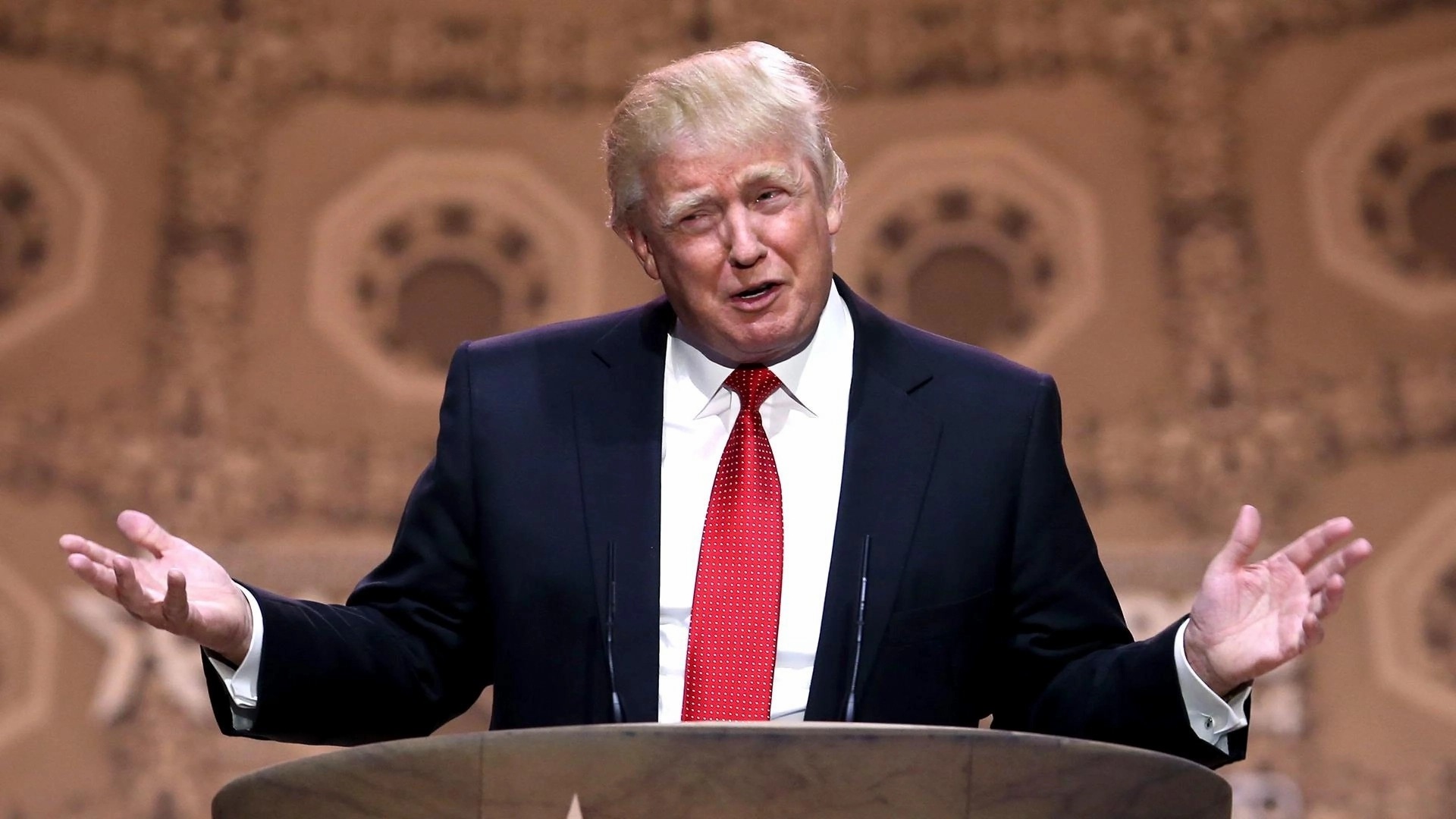Former President Donald Trump has intensified his stance against China’s automotive industry, promising to impose a hefty 100 percent tariff on vehicles manufactured in Mexico for Chinese companies if he secures reelection later this year.
Trump’s statement comes in response to Chinese car manufacturer BYD’s recent announcement of its plans to establish a factory in Mexico, aiming to gain easier access to the US market, the world’s second-largest.
During a recent campaign rally, Trump reiterated his intention to impose a 50 percent tariff on Mexican-made Chinese cars, doubling down on his previous remarks. He specifically targeted Chinese President Xi Jinping, criticizing the establishment of large car manufacturing plants in Mexico that may bypass hiring American workers.
“We are going to put a 100 percent tariff on every car that comes across the lot,” Trump declared, emphasizing a tit-for-tat approach in trade relations.

Currently, Chinese-made vehicles entering the US face a 27.5 percent tariff, with BYD expected to meet stringent content requirements to comply with existing tariff regulations.
Despite efforts to source a majority of its materials from North America, BYD’s Mexican-built cars could still be ineligible for US federal tax incentives for electric vehicles (EVs), which mandate local production and regional material sourcing. A proposed rule seeks to exclude EVs with battery components from “foreign entities of concern” like China from receiving tax credits.
While no Chinese brands currently sell vehicles in the US, brands like Volvo and Polestar, owned by China’s Geely, are present in the market.
Trump’s stance against China’s automotive industry aligns with his protectionist agenda to safeguard US jobs, contrasting with the United Auto Workers (UAW) support for President Joe Biden, who backed the union’s labor disputes against major automakers last year.
Trump’s opposition to EVs and skepticism about their impact on the US automotive sector further underscores his contentious relationship with China and his broader trade policies.

